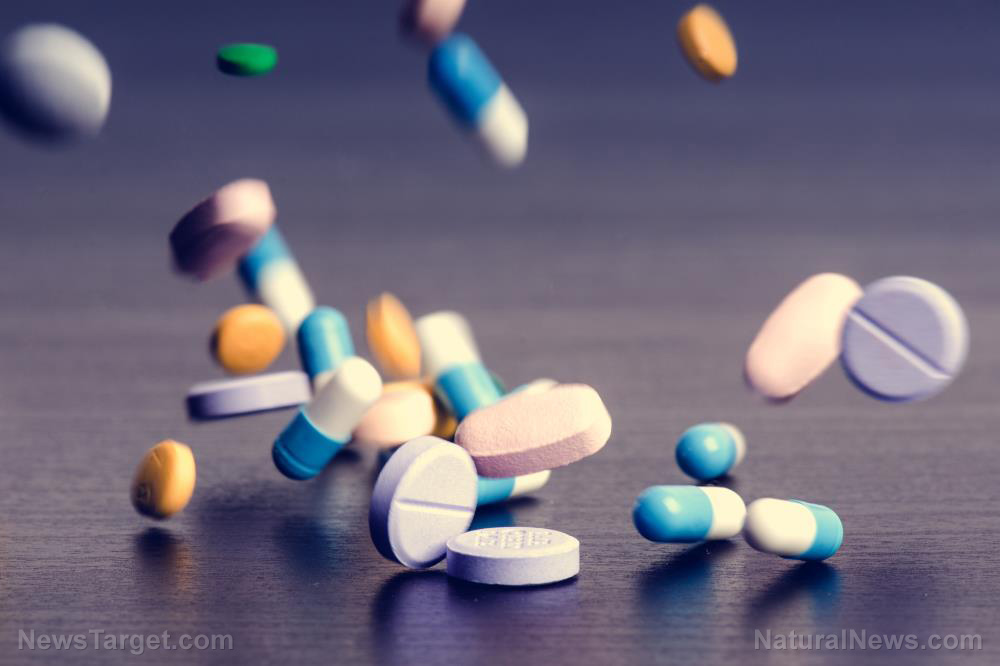
"The prazosin recall echoes a pattern established years earlier when European regulators discovered in 2018 that popular blood pressure drugs contained similar carcinogenic impurities. Nitrosamines-chemical byproducts found in rocket fuel, processed meats, and contaminated medications-pose particular concern because they accumulate in the body over time, with cancer risks increasing through prolonged exposure. What makes the prazosin situation more alarming is that it represents just one visible fracture in a system riddled with structural weaknesses."
"Today, approximately 80 percent of prescription drugs consumed in the United States originate from China and India, where production costs are significantly lower. This globalization occurred while the FDA maintained vastly different inspection standards for domestic and foreign facilities. For years, the agency operated on what critics describe as a "trust and not verify" approach toward overseas manufacturing, conducting far fewer inspections abroad despite the growing proportion of drugs produced there."
Teva Pharmaceuticals recalled more than 580,000 bottles of prazosin after detection of nitrosamine contamination, a carcinogenic impurity that accumulates and increases cancer risk with prolonged exposure. A 2025 study found generics manufactured in India had 54.3 percent more serious adverse events than those from advanced economies. The FDA inspects foreign facilities less frequently and often gives advance notice, unlike unannounced domestic inspections. Independent laboratories commonly uncover dangerous contamination. Patients and clinicians lack reliable ways to determine manufacturing origins or assess quality. The recall mirrors earlier nitrosamine crises and highlights deep structural weaknesses in the globalized drug supply chain.
Read at Natural Health News
Unable to calculate read time
Collection
[
|
...
]